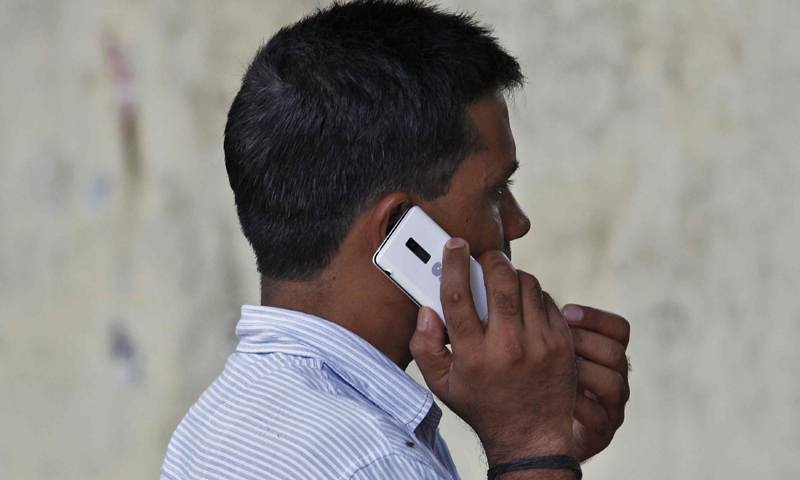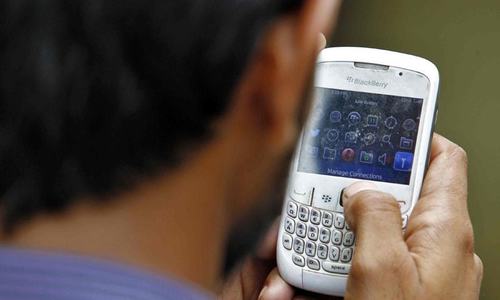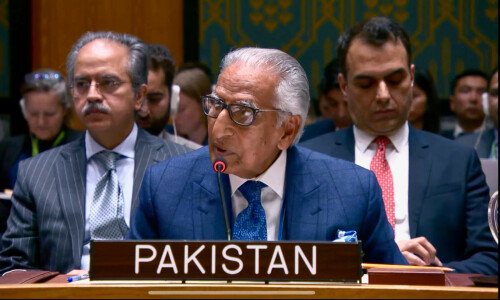ISLAMABAD: As the government has proposed an increase in tax on mobile phone calls, prepaid customers mainly those belonging to the low-income segments of society will be hardest hit by the move.
The finance minister has announced levy of additional Federal Excise Duty (FED) at the rate of Rs0.75 “after every five minutes” of mobile phone calls.
The industry has lodged a protest to the government on the proposed increase in tax, as a five-minute mobile call that currently costs around Rs1.97 will be charged at Rs2.72 once the new FED is implemented.
Jazz CEO Aamir Ibrahim has expressed disappointment over the imposition of 40 per cent duty on the price conscious customers who do not own a smartphone or WhatsApp to make calls. “I urge the government to reverse this “anti-poor” tax,” Mr Ibrahim said.
Telecom experts have pointed out that the hardest hit by the additional FED on cellular calls will certainly be those from the low-income groups such as labourers, guards, watchmen, drivers and daily wage earners who live far from their families to earn their livelihoods.
Pervez Iftikhar, a consumer rights activist, believed people in low-income group had to make long calls on a daily basis to stay connected with their families residing in remote areas.
“These long calls almost on a daily basis are essential to maintain the social fabric of the family system. And the second category of callers who make long duration calls are mostly housewives who stay connected with their relatives and fellow housewives,” he said, adding that it was natural and “essential for the overall mental wellbeing of people who have sufficient free time”.
According to PTA data, there are 183 million cellular subscribers in the country and 98 million of them use mobile broadband/internet, while 85 million have access to only basic voice calls.
A senior executive of one of the four telecom firms in Pakistan said the affordability of smartphones was a major barrier for the lowest segments of society to have access to internet. Also, mobile broadband was not available in many remote areas of Pakistan, the executive explained.
Published in Dawn, June 27th, 2021


















































